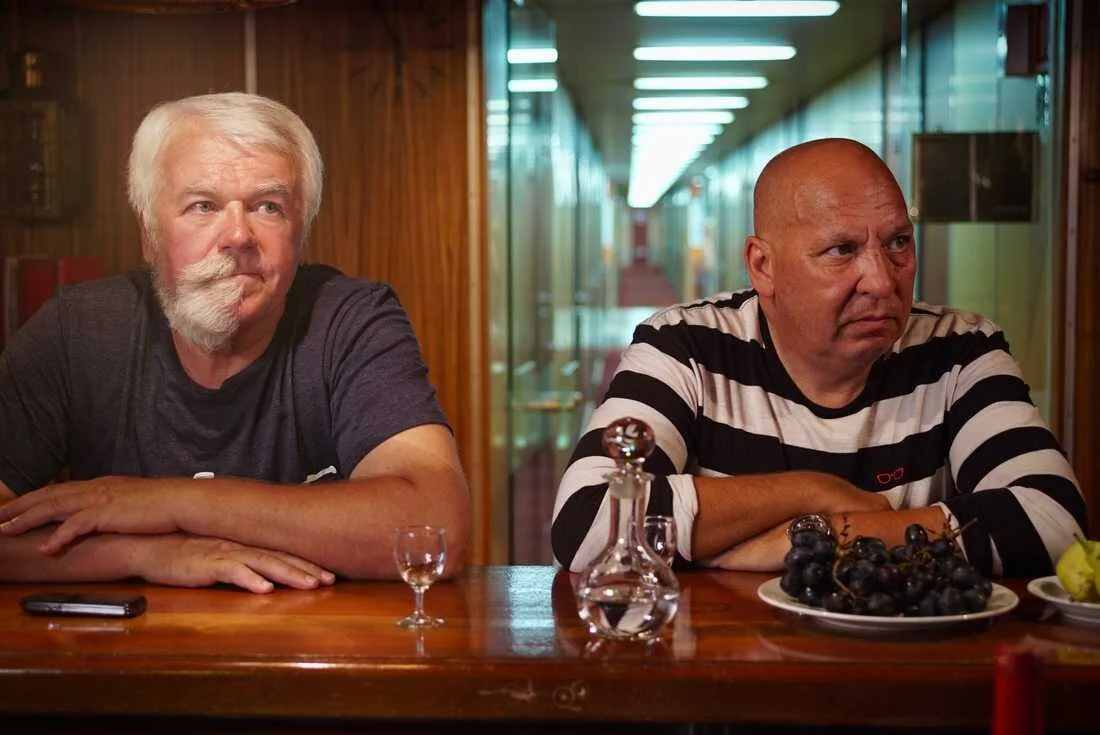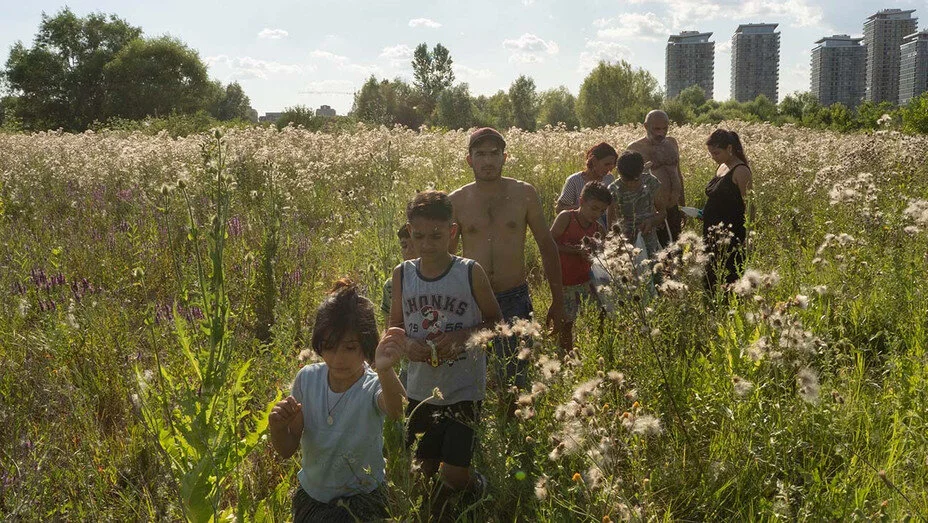5 New East films to watch at CPH:DOX 2020
An unexpected benefit from the covid-19 crisis is the increased access to art and culture in areas usually forgotten by the classical distribution system. This year, CPH:DOX moved entirely to the online space, allowing more people than ever to enjoy recent documentaries. The films from this year’s programme are available only widely to audiences across Denmark, but the festival has just released a selection of films available to viewers internationally. The panel discussions and conferences initially meant for delegates in Copenhagen can now be streamed worldwide for free. The future will show how many other festivals follow this example, but there is hope that the definite benefits of this online edition could become regular practices.
This year’s New East selection from the festival got us longing for the summer, so we compiled a list of the documentaries that address the season.
There is a point in summer, somewhere between August and September, where time is experienced differently. The days feel like a long stretched afternoon and everything that happens in one’s life is elevated to a metaphor. In Jerzy Sladkowski’s Bitter Love this is the time when a group of people from across Russia board a cruise ship to enjoy a three-week holiday across the river Volga.
In the opening scene, a middle-aged woman from Moscow meditates on her own love life and gender politics in Anna Karenina. She converses with a rough-looking man whose poetic soul has him writing romantic ballads he performs on his guitar. There’s also a heartbreakingly lonely woman in her 70s in a constant search for love, a womaniser refusing to retire, a young couple of musicians torn between love and ambition, a woman in her 50s desperately trying to make her partner shave off his beard (and then get him to marry her), and an eccentric fortune-teller everybody gravitates around. This patchwork of personalities is worthy of a Russian novel, but the fact that they emerge not from fiction but from life itself makes the experience all the more enchanting. Although carefully timed and scripted rather than witnessed, Bitter Love is charged with the intricate truths of our existence.
In Acasa, My Home summer becomes a symbol of a life forever lost. Nine children and their parents form the Enache family who, disenchanted by society, have lived in the margins of the city in the Bucharest Delta for eighteen years. In the summer, children play around, swim in the lake and go fishing, but winter brings a harsher reality that exposes the dangers of this lifestyle. Stubborn to submit to a government that has systematically betrayed him, father Duca refuses to consider a different future for his children.
When local authorities and activists decide to reclaim the area and its rare ecosystem as a precious national park, the fate of the Enache family is placed in the hands of social workers. In Acasa, My Home there are no simple conclusions and every situation is charged with dualities that ultimately expose a system in desperate need of a change.
The question of what comes next hovers over a group of friends in Warsaw as the end of summer marks the end of their 20s. In The Last Days of Summer, Danish director Karl Forchhammer follows the young people as they navigate their friendships, settle for dissatisfying romance, attend parties and talk sex and relationships.
A void appears as the friends realise one by one that their lifestyle, relationships and even their city can’t offer them what they want anymore and each begins to seek their own refuge. The Last Days of Summer captures the sentiment of experiences coming to an end. It is an atmospheric piece where summer can be felt as well as seen.
What do we do with the legacy of someone who played a major role in our life, but committed monstrous acts? In Return to Epipo, director Judith Oláh faces one of the ultimate questions of our time.
The preparations for a summer camp become the inciting incident in the film. As Oláh and her daughter go through the camp contract, they notice a peculiar clause where the camp denies any liability if something is to happen to the child. What seems initially an expected motherly concern unfurls as an old trauma. This realisation motivates Oláh to dig into the summer memories of her childhood when she attended an unlikely summer camp called Epipo. There, the ‘chosen’ children of Hungary’s intelligentsia would gather each year and form an almost secret community. In the late 1980’s the camp shut unexpectedly and with no explanation. Using archival footage and reenactments, Return to Epipo demonstrates the ultimate act of growing up – the ability to deconstruct the idyllic status of the past in order to face the truth.



